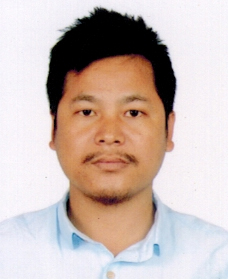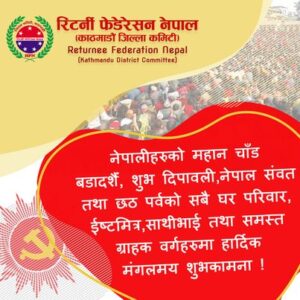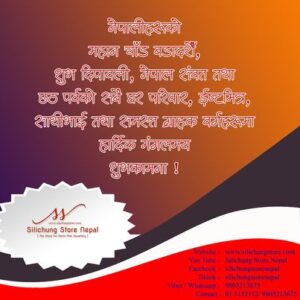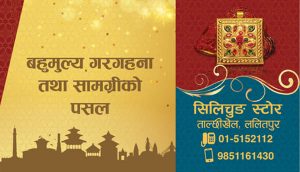
I saw the recurring dream
My father or my grandfather knew many pure Bantawa words, Bantawa language, but I don’t know that kinds of words even I tried. This means, I think, our Bantawa language is going to vanish day after day. –Sujan Rai, the dreamer
When Bantawa native mother tongue is slipping day by day from Rai Bantawa lingual people. It compelled to think months about… –Dik Bantawa
Language Death…
Language death is a crisis of global proportions. Some linguists estimate that in a century, half of the world’s 6000 languages will have ceased to be spoken (Crystal 2000). These are startling projections, but what do they mean? How does a language die? Certainly, sometimes a language dies with a people, due to natural disaster or genocide, but more often we see a process that linguists have named “language shift,” which is when the speakers of a language simply cease to speak their mother tongue, often in favor of a new national or global language (e.g. the many Native American languages that are spoken by only a few elders of the tribe).
…in Nepal
Nepal, with its mountain valleys and varied terrain, is one of the most linguistically diverse countries in the world. Among the Kirant Rai caste Bantawa language is mostly spoken by Rai people in the Eastern part of Nepal as well as Darjeeling and Sikkim of India and in Bhutan also. Bantawa Rai language is one of the more widely spoken Rai languages.
Unfortunately, still falls into the category of endangered languages. The situation of Bantawa language is just as bleak socio-linguistically as numerically. These factors which contribute to language die – being fashioned, voluntary or forced migration outside the homeland area, the language used in school, modernization, industrialization, and globalization. All of these occur in Bantawa and apply especially to the more accessible areas like the town and gradually toward villages. There has been a mass migration of people towards the town as well as Nepali speaking Hindu castes. Perhaps most crucially, all of the schools in the area, public and private, are taught in Nepali or English medium.
Rai Bantawa is an endangered language. It has ceased to be learned fluently by the young people and is almost entirely lost or defunct to use in the home. Many core words and grammatical structures have been lost. Now days, in every home, mother and father influenced by foreign language forgetting the self native mother tongue. They didn’t know about our culture, customs, and language as well.
Despite the fairly bleak picture presented above – that of a throes language well into the throes of language shift, there are considerable efforts towards documenting, preserving and revitalizing Bantawa.
Without governmental support, twenty five schools were started Bantawa language classes at the low grades; 1 to 5, and textbooks have been produced by Dik Bantawa, but finding fluent teachers will be hard – in the more accessable areas, the most knowledgeable adults could understand only about half of the words in the first grade textbook. Dik Bantawa has given his great credibility toward language; making four movies in Bantawa language and writing word dictionary, picture gallery meaning etc.
There has been steady work in describing and documenting Bantawa since 1985 (Bantawa 1993), mostly done by Dr. Novel Kishore Rai and Dik Bantawa and culminating for the time being in the publication of an excellent Nepali-Bantawa dictionary.
One of the less successful projects seems to have been the idea of a Bantawa script. Not a single person who used the script, simply because Bantawa now is surviving almost exclusively in the oral domain (although I did see some calendars that used the script). When the villagers that were literate wanted to write down a Bantawa word, they simply wrote in Devanagari, the script of Nepali.
We should be self-aware about our mother tongue. Young generation do not give due consideration about our language for the sake of modernization and westernization. But they are forgetting that language is proficiency skill of them. They must realize that language is our identity and skill for the exist.
I hope the Bantawa endanger language on this website will prove interesting or thinkable to linguists, the Rai people, or web surfers alike.
Sujan Rai, MA in English, TU



